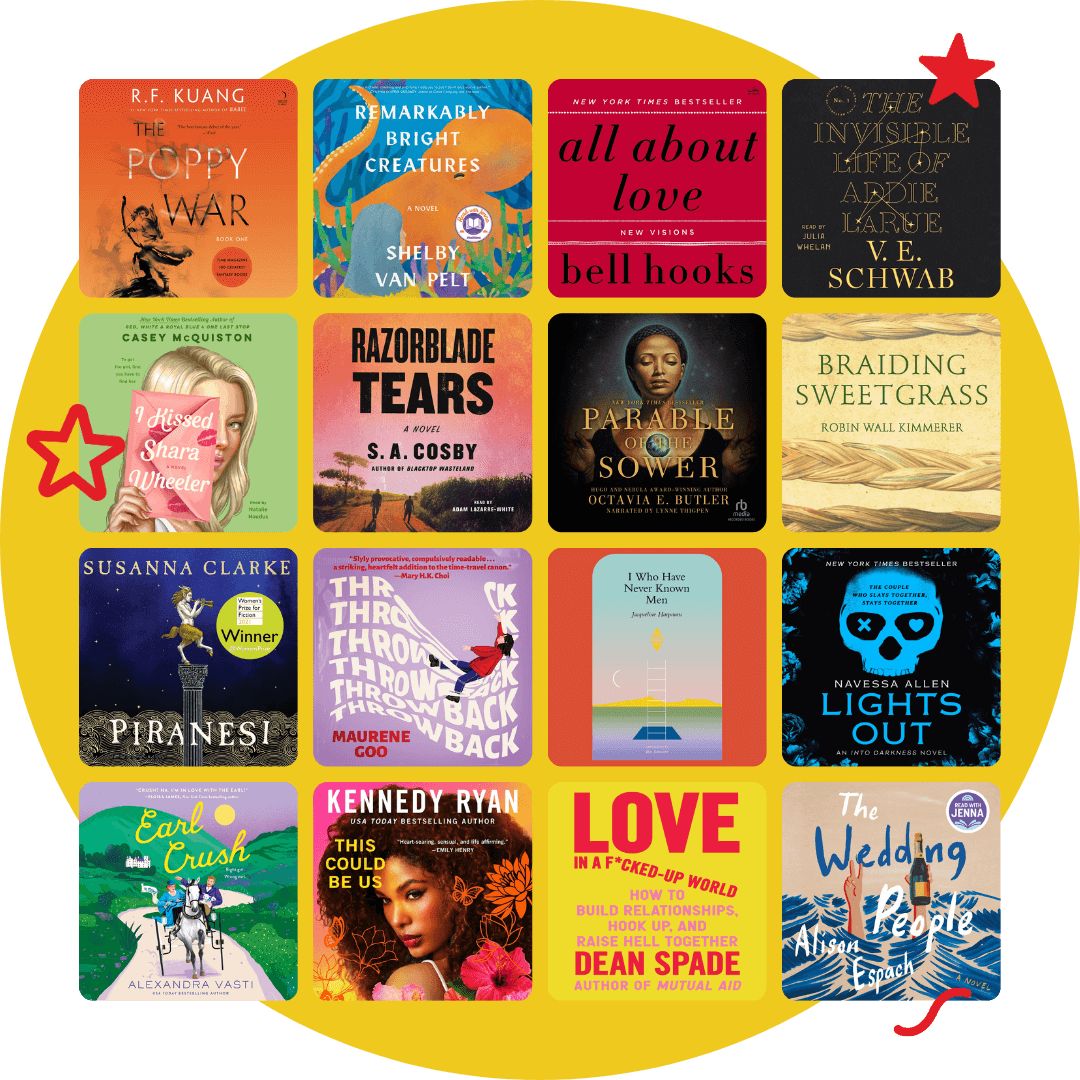Author:
Kevin Thorley

Almost ready!
In order to save audiobooks to your Wish List you must be signed in to your account.
Log in Create account
Indie Bookshop Appreciation Sale
In celebration of indies everywhere, shop our limited-time sale on bestselling audiobooks. Don’t miss out—purchases support local bookstores!
Shop the saleMusic Therapy
This audiobook uses AI narration.
We’re taking steps to make sure AI narration is transparent.
Learn moreSummary
Music has been a part of human culture since the dawn of time. Its rhythms, melodies, and harmonies have not only served as a form of artistic expression but have also played a vital role in rituals, ceremonies, and healing practices across different cultures. This chapter provides an overview of music therapy as a clinical and evidence-based practice, exploring its origins, fundamental principles, and the diverse ways in which it benefits individuals in both physical and mental health settings.
Music therapy's roots can be traced back to ancient civilizations, where music was used as a tool for healing and communication. In Greek and Roman cultures, philosophers like Pythagoras and Plato discussed the healing power of music and its influence on emotions and the body. Indigenous cultures worldwide have long used music, drumming, and chanting as part of their spiritual and healing traditions, recognizing its ability to alter states of consciousness and promote well-being.
The modern field of music therapy emerged in the mid-20th century, following World War II. During this time, musicians began to visit hospitals to play for soldiers suffering from physical and emotional trauma. Observing the profound effects that music had on the soldiers’ recovery, doctors and nurses started to incorporate music into their treatment plans. The positive impact on patients led to the formalization of music therapy as a profession, with the first academic programs and certification processes being established in the 1950s and 1960s.
Audiobook details
Narrator:
Sarah Gibbons
ISBN:
9798882315312
Length:
1 hour 20 minutes
Language:
English
Publisher:
Dedona Publishing
Publication date:
October 11, 2024
Edition:
Unabridged
 Start gifting
Start gifting
 Libro.fm for Business
Libro.fm for Business
 Start a membership, get two free audiobooks
Start a membership, get two free audiobooks